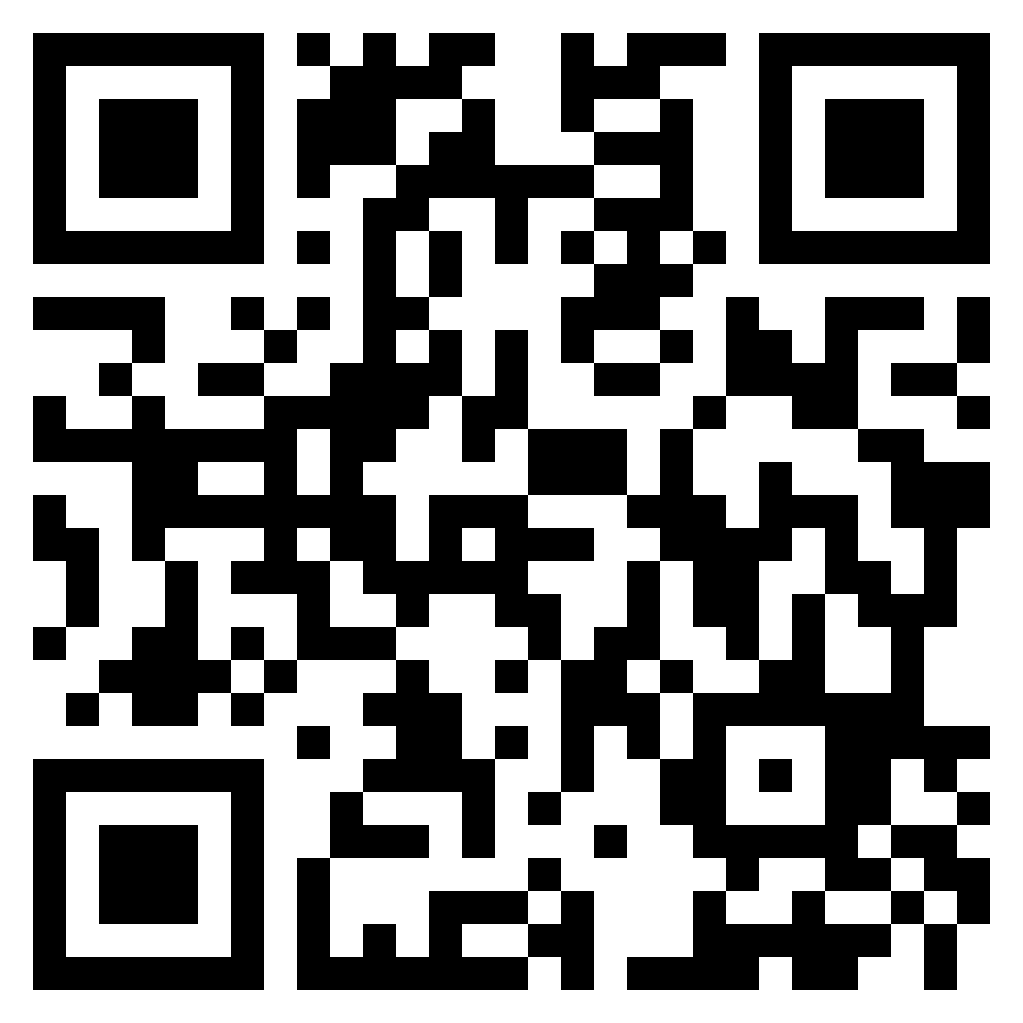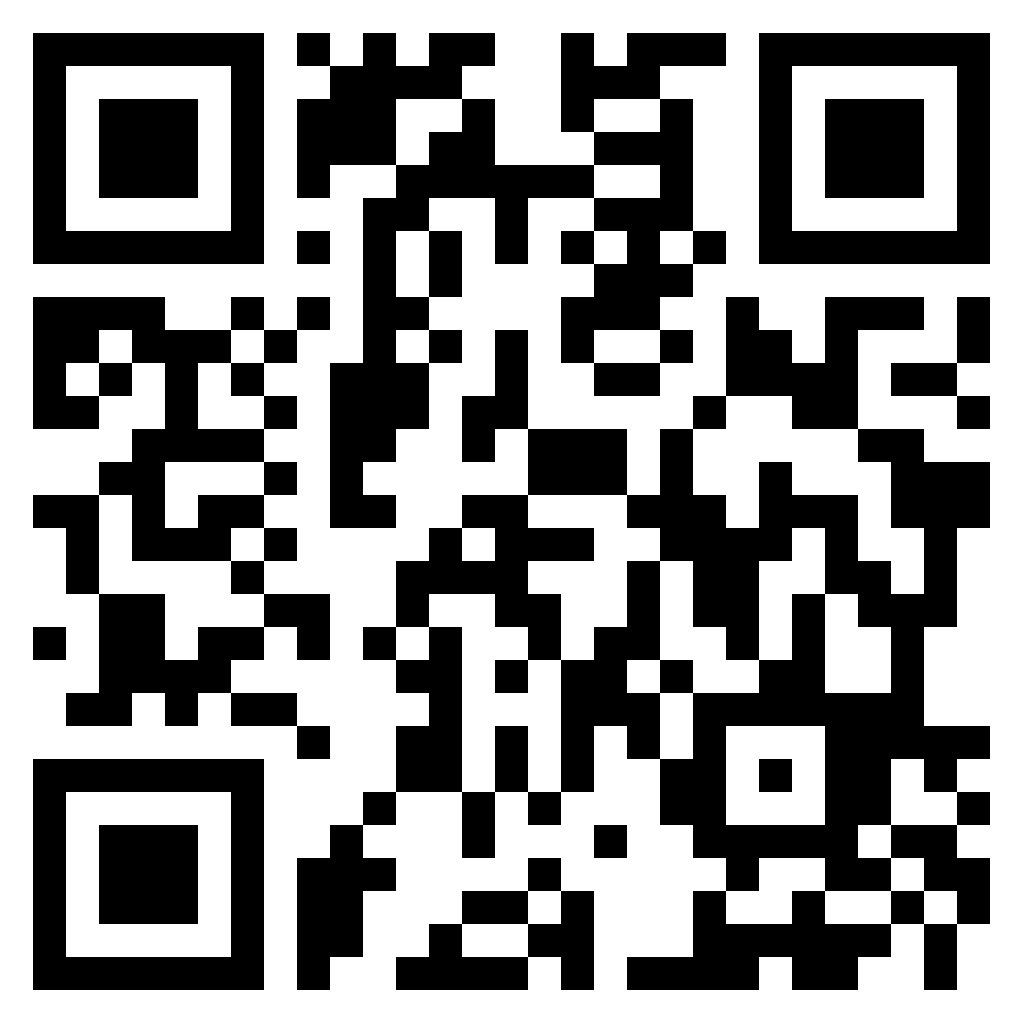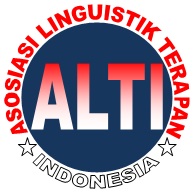The Effectiveness of ChatGPT Technology as a Teaching Material for Students' Reading-Writing Literacy in The Digital Era
DOI:
https://doi.org/10.46961/mediasi.v5i2.818Keywords:
ChatGPT Technology, Digital Literacy, Literacy Teaching Materials, Student LiteracyAbstract
ChatGPT (Generative Pre-Trained Transformer) technology is a chatbot that provides quality and varied text sources. The features in it allow users to create the text they want by simply typing in the appropriate keywords. Students can become lazy to write because they use ChatGPT to make scripts for writing assignments from lecturers. Therefore, ChatGPT technology needs to be used effectively among students as literacy teaching materials in the digital era. For this reason, this research article was written to test the effectiveness of ChatGPT technology as teaching material for student literacy in the digital era. The research method used is a mixture of qualitative and quantitative methods with data collection techniques through documentation, literature study, and questionnaires. From the data that has been collected, the ChatGPT application is effectively used as a literacy teaching material among students with the lecturer's role as a facilitator and sanctions for use applied in class. ChatGPT functions to improve students' language skills which include the ability to read, write, and understand language in various types of text.
Downloads
Published
How to Cite
Issue
Section
Citation Check
License
You are free to:
- Share — copy and redistribute the material in any medium or format for any purpose, even commercially.
- Adapt — remix, transform, and build upon the material for any purpose, even commercially.
- The licensor cannot revoke these freedoms as long as you follow the license terms.















